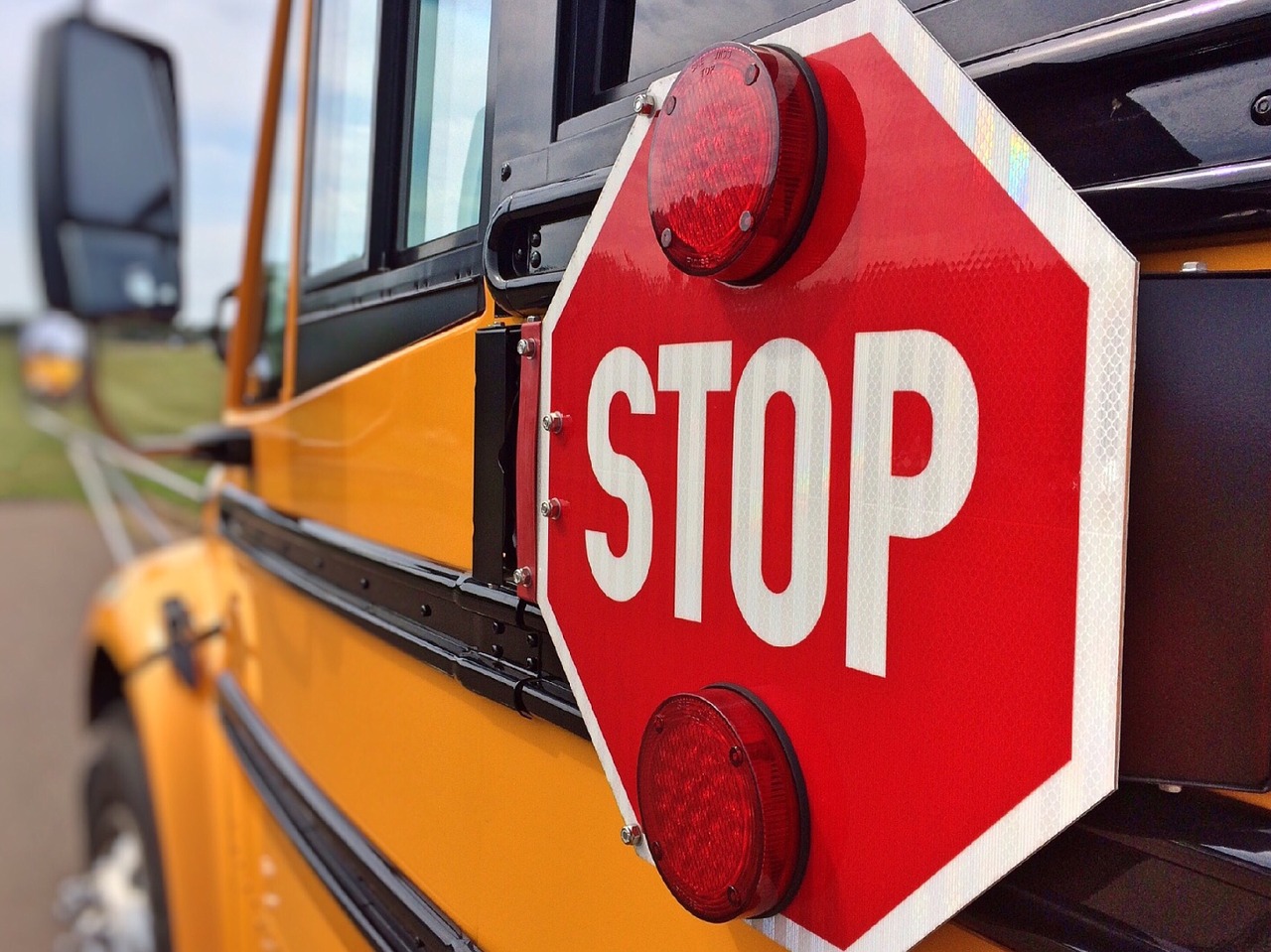
Some students in the country are already back to school. Here in Maine, that happens in a few weeks. As someone who has spent almost half of my life in school, I can vouch for how essential school is. So much more than academics is learned at schools. As author Walker Percy said, “You can get all A’s and still flunk life.” Formal schooling provides kids with friendships, turn-taking, waiting, focusing, problem-solving, negotiation, behaving in different settings, play experiences, the arts, inspiration, and growth.
A kid’s 2 primary jobs are to play and learn (get an education). As parents we provide the environment and opportunities for them to do better (or worse) at these tasks. So we expose our kids to new people, stimulating activities, sports, music, animals, the arts, nature – in an effort to nurture their endless curiosity and fill their sponge-like little brains that soak everything in. We’ve learned as parents that regular bedtimes, meal times, and predictable schedules tend to work better – a lot better – for most of our kids.
Summer throws school year schedules off course. Some kids just hang out in the summer. Some go to camps. Others travel. And in Maine, we try to experience 80% of the incredible beach, hiking, camping, outdoor festivaling, sailing and kayaking during the only warm months we have (July and August). So when the end of August draws near, we realize that our idyllic vacationland is ending, sometimes feeling like a sharp drop off that diving board.
Back to school time. How to get ready. How to be ready. It can be done.
From a mental health perspective, good sleep, healthy meals, consistent routines and enjoyable activities go a long way for all of us. Kids need them all – particularly before school starts. Like any change, the transition from summer to the school year is easier for some and harder for others. During the school year, educators and researchers alike know that tired or hungry kids do not learn well. Kids filled with uncertainty at home have brains that cannot fully focus on school work. Now’s the time for knowing your kid (and yourself for that matter) and preparing for what your family needs to be ready.
Arne Duncan, the United States Secretary of Education, has posted a blog about starting the school year right. In it, he provides a list of ways to get ready for a great school year. They are good ideas and worth taking a minute to read through if you have a child in school:
- Start adjusting early. Start bringing meal times, bed times, and morning routines back in line with the school year schedule. Read before bedtime, get enough sleep, and have a reliable weekday routine. All these activities contribute to a student’s readiness to do well in school from day one.
- Brush up on skills and complete any summer assignments. Take time together for refresher activities like practicing math facts or playing math games. Also, many schools send home summer activities, like math packets or reading lists, or post them on their website.
- Make a back-to-school to-do list, and start checking off tasks. Create a plan to take care of everything that is needed for a great first day of school. This includes scheduling remaining health check-ups, like dental and vision screenings, completing all necessary forms, taking care of any insurance, meal plan, and enrollment requirements, and stocking up on supplies and clothes.
- Plan a learning adventure. Do something fun together that’s focused on learning, whether indoors or out: from a kitchen craft project or backyard science experiment, to a trip to the library or a museum. Our minds are like muscles: help get them warmed up for academic success.
- Make space for study and creativity. Identify a quiet place for your child to do homework. Set aside space to post school schedules and assignments, classwork, art, projects, and report cards, as well as messages and milestones.
- Set some clear, achievable goals for the year. By setting and meeting academic goals, students do more than improve their performance in school. They also gain confidence, motivation, and pride in their accomplishments. Set clear goals, such as improving vocabulary or math, along with timeframes and concrete steps for reaching them.
- Get connected and stay in touch. Reach out to your school, and get to know your child’s teachers. Start a calendar for parent-teacher conferences and other school events. Plan ways to keep track of your child’s progress, help with homework, and provide support during the year. Consider serving on your local parent-teacher organization or joining in other activities that help support great teaching and learning. Check out our month-by-month toolkit.
- Talk about what to expect and focus on skills for life. Each student is different: some kids love back-to-school time; others have concerns or questions. Each new school year means transitions – to a new grade, classroom, or school building. In case of any back-to-school jitters: take time to remember the highlights from last year, and point out things to look forward to this year. As a parent, you can share memories of your own school experiences – including favorite teachers, field trips, subjects and activities – as well as lessons learned. Most of all, help your child build the skills that make for long-term success in life, like flexibility and open-mindedness, persistence, and a positive attitude.
Time to get ready.
Education is not preparation for life; education is life itself. ~John Dewey
—
By Linda BUtler, Ph.D., LCSW
Director of Research & Outcomes
Spurwink Services
